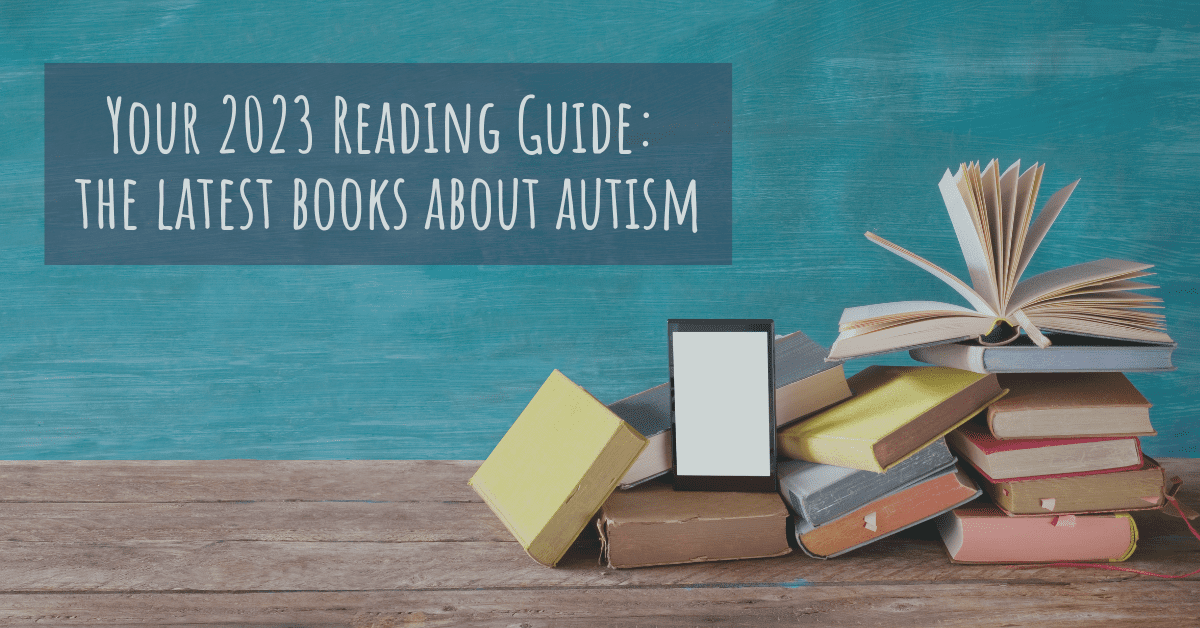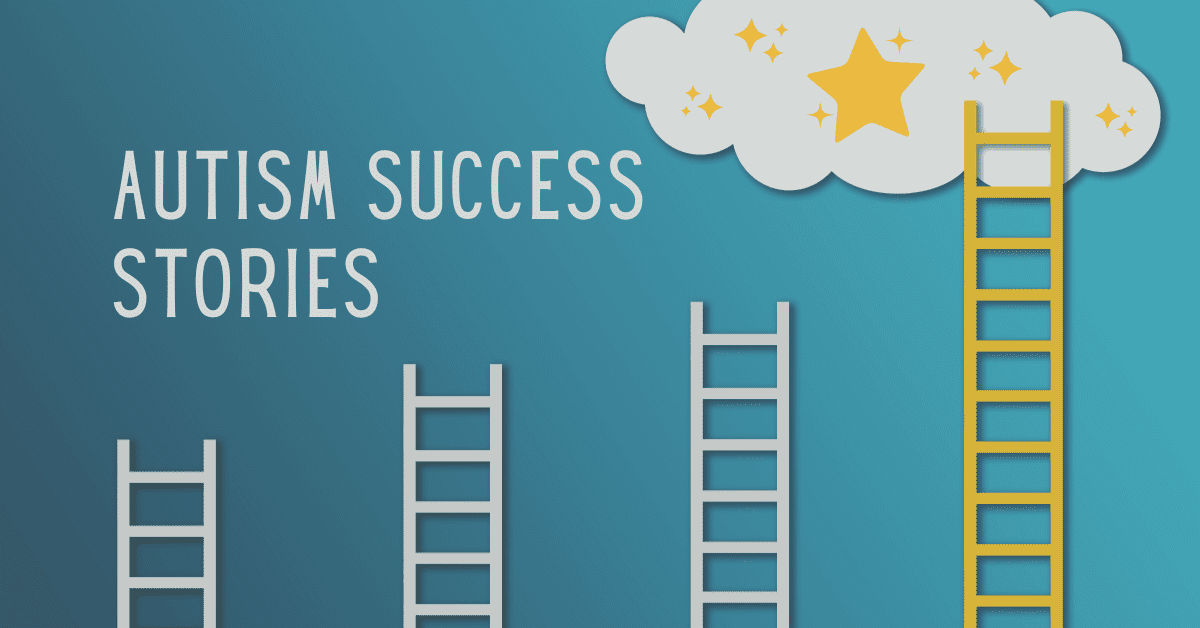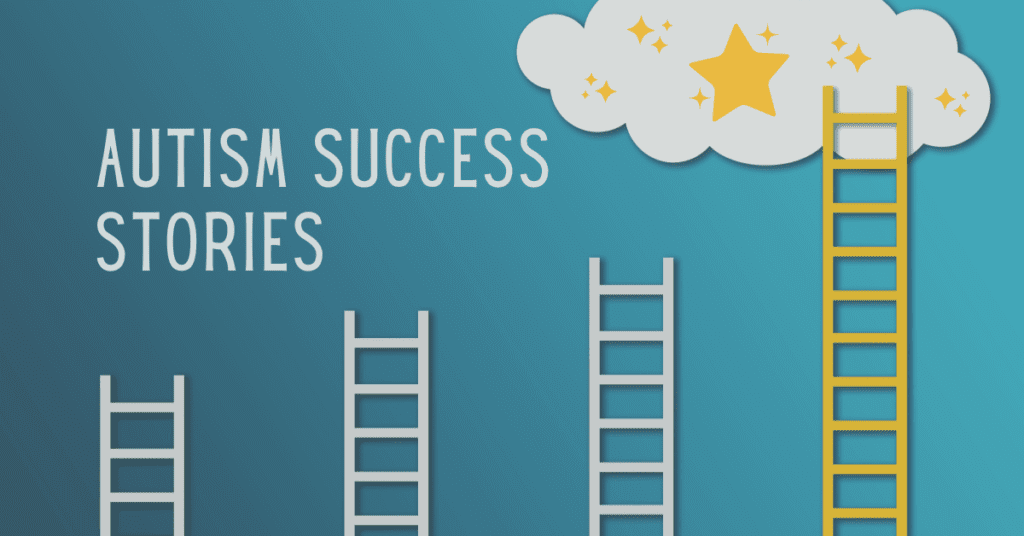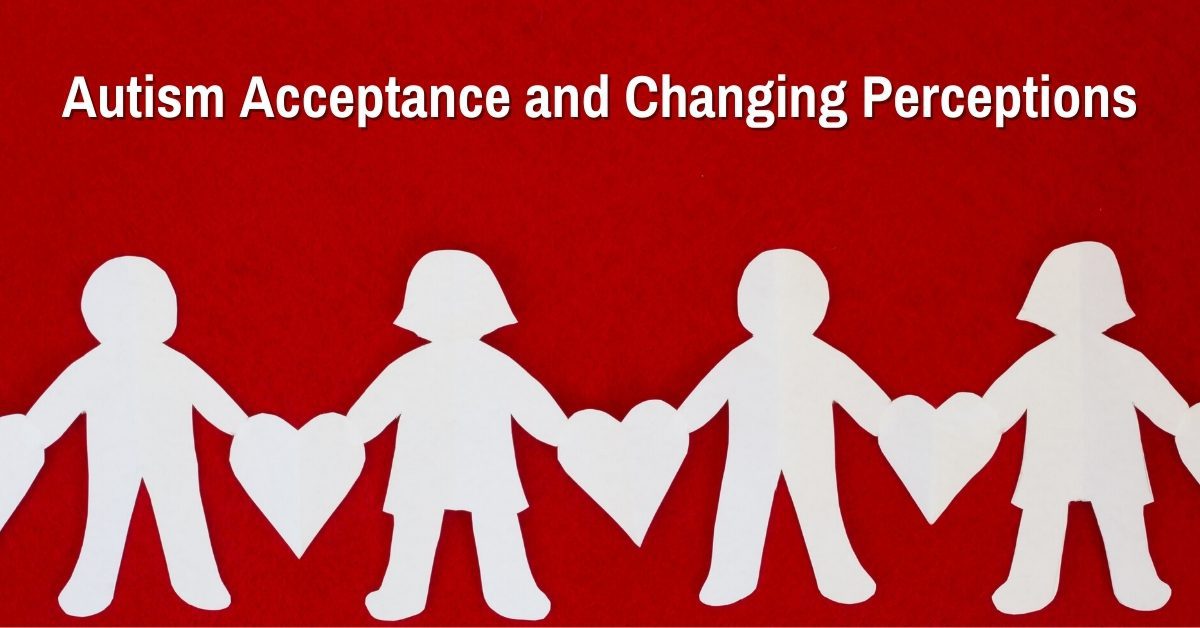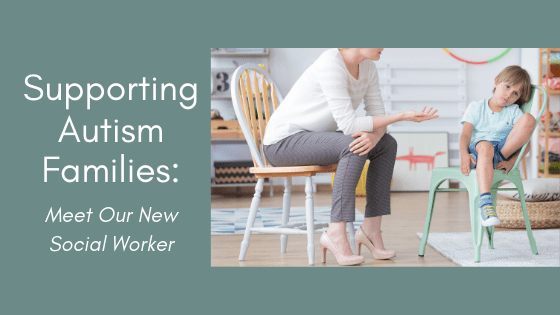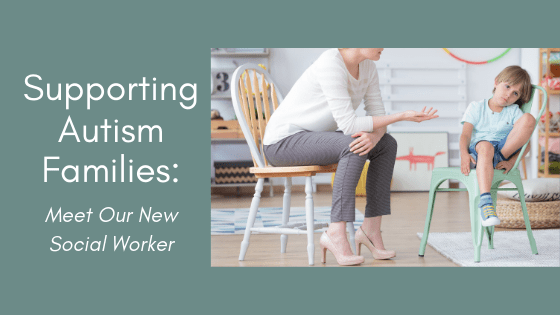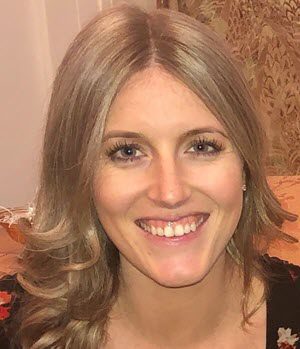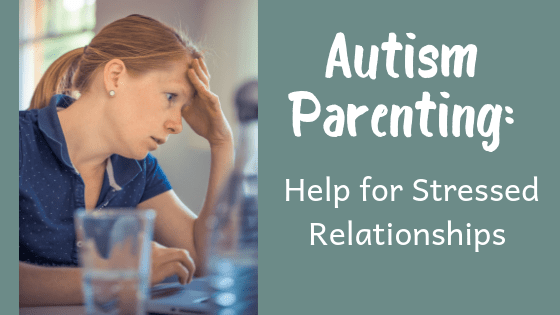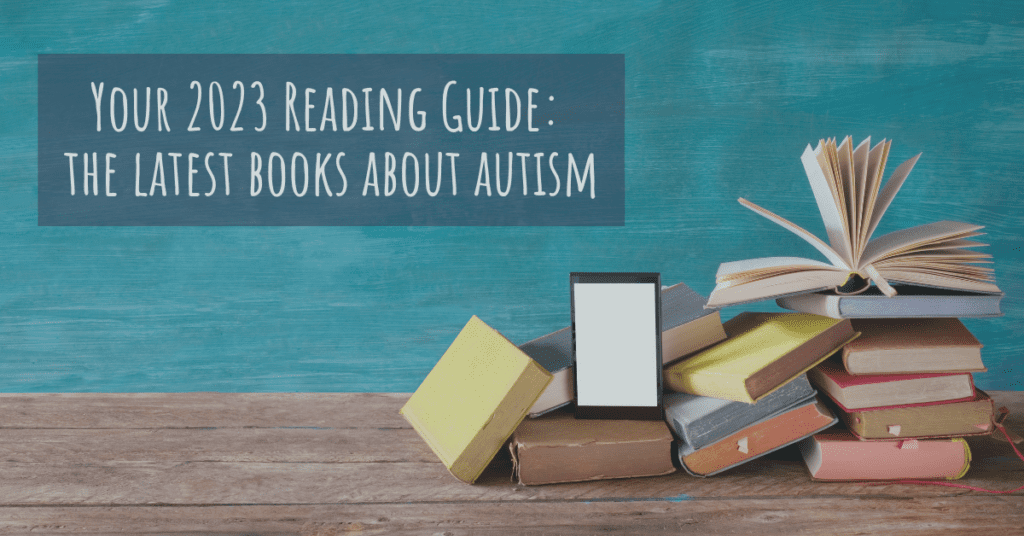
With the chilly months upon us again, many have started looking for new books to read this year. To help you build out your reading list, we’ve researched the latest books about autism published since our book list in 2020 to create a new autism reading guide for the year. There are several books for parents as well as books to help autistic kids, tweens and teens. Take a look at some of the latest books about autism to add to this year’s reading list.
For Parents
We know that navigating the world of autism as a parent can present many unique challenges. Parents of all kids don’t always know how to handle the needs of their children. But having a child with autism adds unique needs that can be difficult to navigate. However, there are several new books about autism released in 2021 and 2022. These are written specifically to be beneficial to you as a parent of a child with autism.
Navigating Autism: 9 Mindsets For Helping Kids on the Spectrum by Temple Grandin and Deborah Moore
Joined by psychologist Debra Moore, Dr. Temple Grandin explores various mindsets that are effective when working with kids and young adults on the autism spectrum. You’ll find personal stories from Grandin with anecdotes from parents who have sought her insight. You’ll also discover advice from Moore who has 30+ years of experience in psychological work with kids on the spectrum. Not only is this a good read for parents, but helpful for anyone who impacts the lives of children on the spectrum. Check it out on Amazon.
We’re Not Broken: Changing the Autism Conversation by Eric Garcia
Writing from personal experience, Washington D.C. reporter and journalist Eric Garcia helps give readers a better understanding of life from the perspective of an autistic person. Through this, he informs them on effective ways to help those on the spectrum. In this book, Garcia breaks down popular myths surrounding autism and uses historical facts to support his claims. For anyone who is interested in learning more about autism to better help a loved one, this book is available here.
It Takes a Village by Amy Nielsen
Educator, writer, advocate and mother of four children, including one with ADHD and Autism Spectrum Disorder, Nielsen uses her experience as a chance to help parents and family members of children with exceptional needs learn to build a strong support system. Nielsen covers how to make these important connections. In addition, she takes time to explain the importance of them in the special needs community. Having an emphasis on family involvement, the book includes worksheets to help readers track their progress in creating a support system for their loved one(s). To find out more about this book, go to It Takes a Village.
For Kids, Tweens and Teens
We are thrilled to find so many new books about autism specifically written for kids, tweens and teens! Here are a few released within the past couple of years to build out a reading guide for your tween or teen with autism.
I am Autism “In the classroom” by Blake Carter Desiree
Written by a child who has an ADHD and an autism diagnosis, Desiree delves into what school life is like. He goes on to explain how his diagnoses makes life difficult for him as a different learner. This book provides perspective that could be impactful for helping neurotypical children better understand neurodiverse peers. Desiree’s story can also help a neurodiverse child feel more understood and supported in a classroom setting. I Am Autism is available here.
When things get too loud: A story about sensory overload by Anne Alcott
This book is an excellent option if you are seeking an educational, vividly illustrated story that can be read to both neurodiverse and neurotypical children. This read is created specifically to help children understand and learn emotional regulation skills. It beautifully explains coping strategies for any child who may struggle with overstimulation and sensory-processing issues. This book is highly rated for its inclusiveness and thoughtfulness. Find When Things Get Too Loud here.
This Is Me! I am who I’m meant to be by Amy Pflueger
With her knowledge and experience, Pflueger, an advocate and mother of two autistic sons, wrote this book primarily for autistic children to relate to and help them better understand why they might be “different” than their peers, as they learn to engage in a world that’s already full of challenges and surprises. It promotes self-acceptance and is also a great source for siblings and classmates of autistic children. It can help them to better acknowledge, accept and understand autism on a deeper level, all while using simplistic and digestible words and pictures. If you’re looking for an awesome, educational story to share with your child, you can find this book here.
Have you picked up a new favorite book about autism that we don’t have here? Let us know in the comments!
And we hope you learned about some new books and resources through this year’s autism reading guide. If so, please share it with your community!

